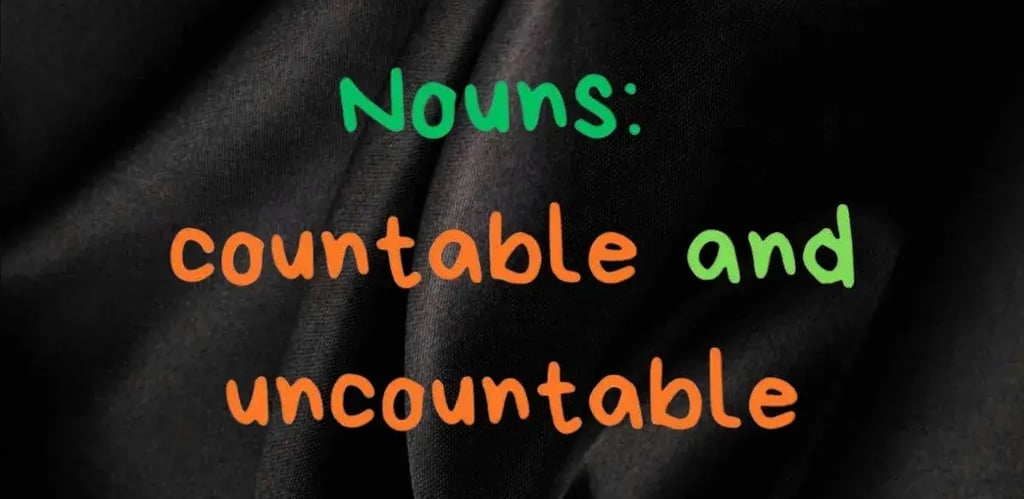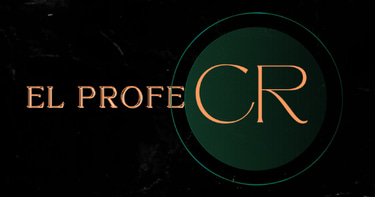
Nouns: countable and uncountable
A1-A2 GRAMMAR
2 min read


Do you know how to use a, some, any, much and many?
Look at these examples to see how to use countable and uncountable nouns in a sentence.
I'm making a cup of tea.
There's some money on the table.
Have we got any bread?
How many chairs do we need?
How much milk have we got?
Explanation
Nouns can be countable or uncountable. Countable nouns can be counted, e.g. an apple, two apples, three apples, etc. Uncountable nouns cannot be counted, e.g. air, rice, water, etc.
When you learn a new noun, you should check if it is countable or uncountable and note how it is used in a sentence.
Countable nouns
For positive sentences we can use a/an for singular nouns or some for plurals.
There's a man at the door.
I have some friends in New York.
For negatives we can use a/an for singular nouns or any for plurals.
I don't have a dog.
There aren't any seats.
Uncountable nouns
Here are some examples of uncountable nouns:
bread
ricecoffee
information
money
advice
luggage
furniture
We use some with uncountable nouns in positive sentences and any with negatives.
There's some milk in the fridge.
There isn't any coffee.
Questions
In questions we use a/an, any or how many with countable nouns.
Is there an email address to write to?
Are there any chairs?
How many chairs are there?
And we use any or how much with uncountable nouns.
Is there any sugar?
How much orange juice is there?
But when we are offering something or asking for something, we normally use some.
Do you want some chocolate?
Can we have some more chairs, please?
We also use some in a question when we think the answer will be 'yes'.
Have you got some new glasses?
Other expressions of quantity
A lot of (or lots of) can be used with both countable and uncountable nouns.
There are lots of apples on the trees.
There is a lot of snow on the road.
Notice that we don't usually use many or much in positive sentences. We use a lot of instead.
They have a lot of money.
However, in negative sentences we use not many with countable nouns and not much with uncountable nouns.
There are a lot of carrots but there aren't many potatoes.
There's lots of juice but there isn't much water.
Sobre nosotros
El Profe CR busca ayudar a aquellas personas que deseen desarrollar las habilidades que hoy en día las empresas requieren de cada candidato(a) con y sin experiencia laboral.
©2025 Todos los derechos reservados.
